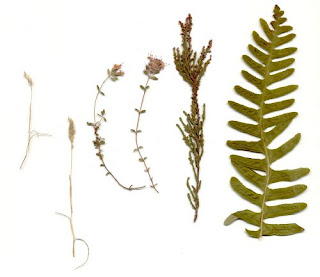Growing Sprouts
Growing your own food is one of the suggested survival tips for "the new normal", and there is no reason your children cannot help out. Growing sprouts is easy. Your children will be fascinated to see the sprouts germinate, they will learn patience, and they will feel a sense of fulfilment from knowing that they have contributed to putting food on the table. According to Elizabeth Millard, who wrote Indoor Gardening, sprouts are packed with enzymes, fiber, amino acids, vitamins, and other substances that are beneficial for the immune system. And they can enhance any meal or salad.
According to Millard, alfalfa, brocoli, peas, and mung beans (monggo) are good varieties for sprouting. All you need are the seeds, a clean jar, and a strainer or cheesecloth or thin dish towel. First, put the seeds in the jar, add several inches of warm water, and let the seeds soak overnight. In the morning, drain the water through the strainer or cheese cloth or dish towel. Add water again, then drain again, then refill for another soaking. Place the jar under indirect sunlight. Repeat the drain-rinse-refill process every 12 hours for the next four to six days until the sprouts are at the stage when you want to harvest them. Give them a final rinse before you use the sprouts for cooking.
Sprouts do not keep well, so the best time to eat them is within a day or two after they are fully grown. To determine whether the sprouts are still fresh, smell them.
Not many children like eating their vegetables. But perhaps your children will change their minds about vegetables when they have helped grow them themselves.




Comments
Post a Comment